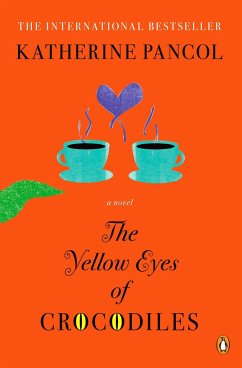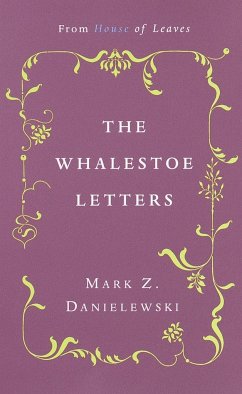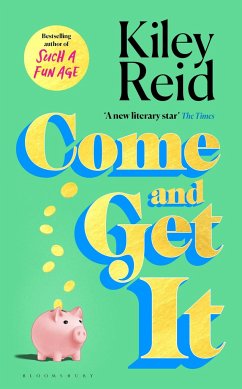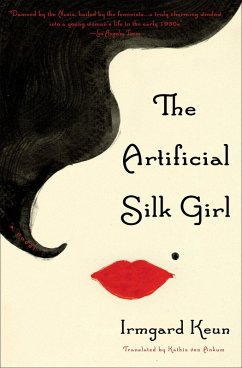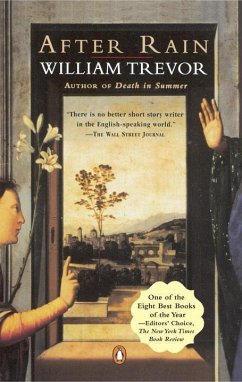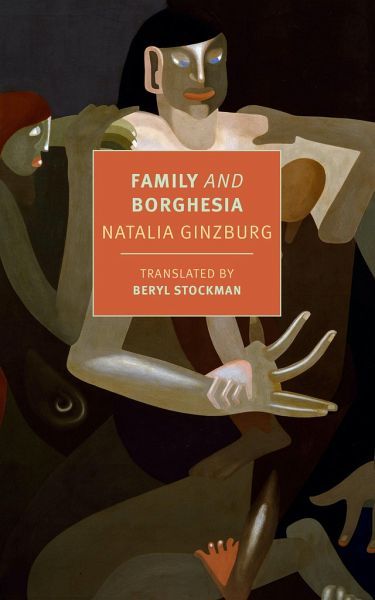
Family and Borghesia

PAYBACK Punkte
11 °P sammeln!
Two novellas about domestic life, isolation, and the passing of time by one of the finest Italian writers of the twentieth century.Carmine, an architect, and Ivana, a translator, lived together long ago and even had a child, but the child died, and their relationship fell apart, and Carmine married Ninetta, and their child is Dodò, who Carmine feels is a little dull, and these days Carmine is still spending every evening with Ivana, but Ninetta has nothing to say about that. Family, the first of these two novellas from the 1970s, is an examination, at first comic, then progressively dark, abo...
Two novellas about domestic life, isolation, and the passing of time by one of the finest Italian writers of the twentieth century.
Carmine, an architect, and Ivana, a translator, lived together long ago and even had a child, but the child died, and their relationship fell apart, and Carmine married Ninetta, and their child is Dodò, who Carmine feels is a little dull, and these days Carmine is still spending every evening with Ivana, but Ninetta has nothing to say about that. Family, the first of these two novellas from the 1970s, is an examination, at first comic, then progressively dark, about how time passes and life goes on and people circle around the opportunities they had missed, missing more as they do, until finally time is up.
Borghesia, about a widow who keeps acquiring and losing the Siamese cats she hopes will keep her company in her loneliness, explores similar ground, along with the confusions of feeling and domestic life that came with the loosening social strictures of the 1970s. She remembered saying that there were three things in life you should always refuse, thinks one of Natalia Ginzburg s characters, beginning to age out of youth: Hypocrisy, resignation, and unhappiness. But it was impossible to shield yourself from those three things. Life was full of them and there was no holding them back.
Carmine, an architect, and Ivana, a translator, lived together long ago and even had a child, but the child died, and their relationship fell apart, and Carmine married Ninetta, and their child is Dodò, who Carmine feels is a little dull, and these days Carmine is still spending every evening with Ivana, but Ninetta has nothing to say about that. Family, the first of these two novellas from the 1970s, is an examination, at first comic, then progressively dark, about how time passes and life goes on and people circle around the opportunities they had missed, missing more as they do, until finally time is up.
Borghesia, about a widow who keeps acquiring and losing the Siamese cats she hopes will keep her company in her loneliness, explores similar ground, along with the confusions of feeling and domestic life that came with the loosening social strictures of the 1970s. She remembered saying that there were three things in life you should always refuse, thinks one of Natalia Ginzburg s characters, beginning to age out of youth: Hypocrisy, resignation, and unhappiness. But it was impossible to shield yourself from those three things. Life was full of them and there was no holding them back.





